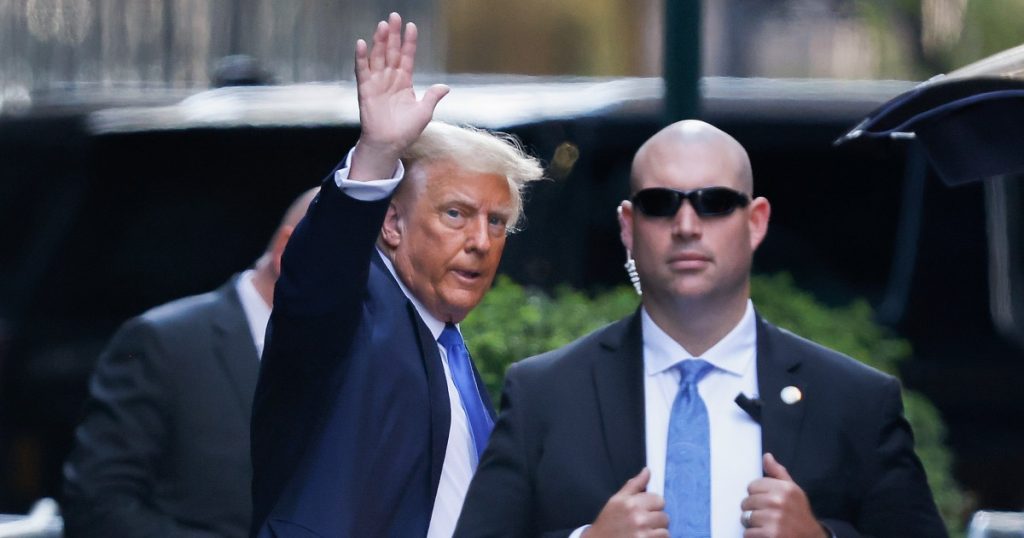In the first criminal trial of a former president, prosecutors have alleged that Donald Trump orchestrated a criminal scheme to corrupt the 2016 presidential election with the help of his lawyer Michael Cohen and David Pecker, the publisher of the National Enquirer at the time. The prosecution contends that Trump conspired to cover up this scheme by falsifying his New York business records. The trial opened with Trump’s lawyer asserting his innocence based on the absence of any criminal activity. Despite moments where Trump appeared engaged, the proceedings were cut short due to a juror’s dental emergency. Trump later complained that the trial was unfair and attacked Cohen’s credibility.
The alleged criminal conspiracy involved Trump, Cohen, and Pecker working together to suppress information about women who claimed to have had affairs with Trump. The prosecution described a meeting at Trump Tower in 2015 where the roles of each participant were outlined. The scheme involved payments to women in exchange for their silence—so-called “catch and kill” agreements. The situation escalated after the release of the Access Hollywood tape in October 2016, prompting the defendants to take further action to prevent damaging information from being released. Cohen negotiated a payment to Stormy Daniels to keep her allegations under wraps.
Prosecutors argue that the payments orchestrated by Trump and his associates constituted election fraud. They allege that Trump and the Trump Organization falsified business records in an attempt to hide the true nature of the transactions. Trump’s lawyer countered these claims by asserting that the payments were for legitimate legal services and that nondisclosure agreements are commonplace and legal. He also sought to discredit the witnesses scheduled to testify, including Daniels and Cohen, describing them as biased and obsessed with harming Trump.
As the trial progresses, the prosecution plans to present additional evidence to support their case. Trump, who maintains his innocence, could face up to four years in prison if convicted. There was a moment of uncertainty when the judge ruled that prosecutors could question Trump about previous legal findings against him if he chooses to testify in his own defense. The trial, which is expected to last six weeks, will feature testimony from key witnesses, such as Cohen, Daniels, and McDougal. The jury, consisting of seven men and five women, was selected after a tense final day of jury selection, which included emotional outbursts and a disturbing incident outside the courthouse. The trial proceedings will be abbreviated on Tuesday due to the Passover holiday.


